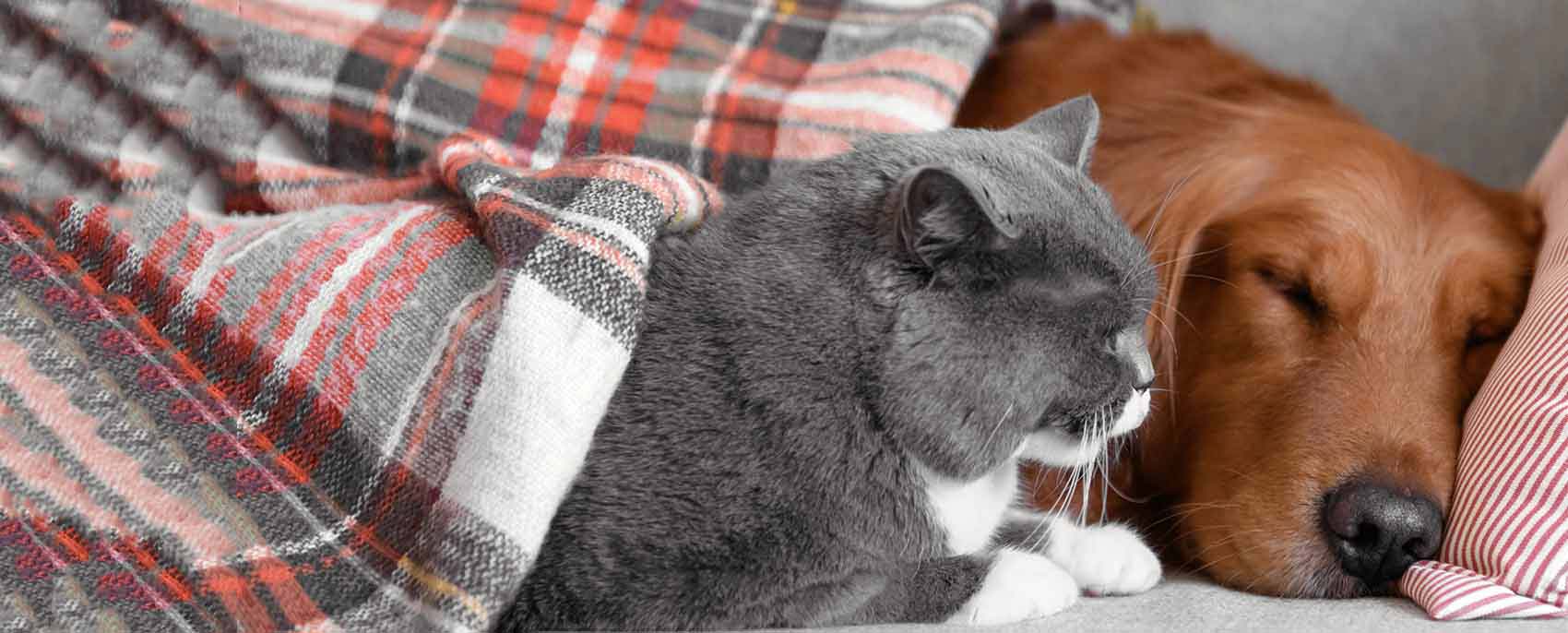Cranial Cruciate Ligament (CCL) Surgery for Dogs
Cranial cruciate ligament (CCL) injuries and tears are fairly common in dogs. Your vet may recommend tibial tuberosity advancement (TTA) surgery to treat this injury. In this post, our Turlock vets share what you need to know about the procedure.




